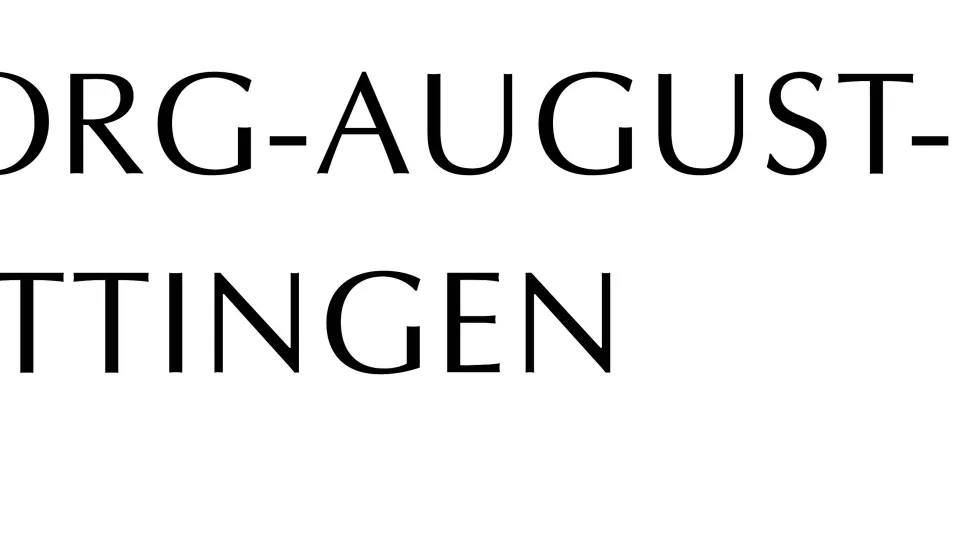Abstract: This article explains why caste has not become part of the international approach to eliminate racial discrimination by examining a paradigmatic debate in India on the relevance of caste at the 2001 World Conference against Racism in Durban, South Africa (WCAR) and its ‘Review Process’. In 2001, the NGO-led organisation, National Campaign on Dalit Human Rights, made an attempt to include caste-based discrimination in the Durban Declaration; however, the Government of India prevented this development on the grounds that caste was irrelevant in international law. Caste and race became contested political concepts, and the rationale of the Dalit campaign was challenged. Furthermore, the Indian government’s diplomatic opposition to include caste in the WCAR was consolidated by adopting a strict concept of race to create a political frontier against an international human rights regime. The ‘Durban process’ thus reactivated a hegemonic discourse in India concerning race to avoid international scrutiny of caste discrimination.
The publication is available online.
